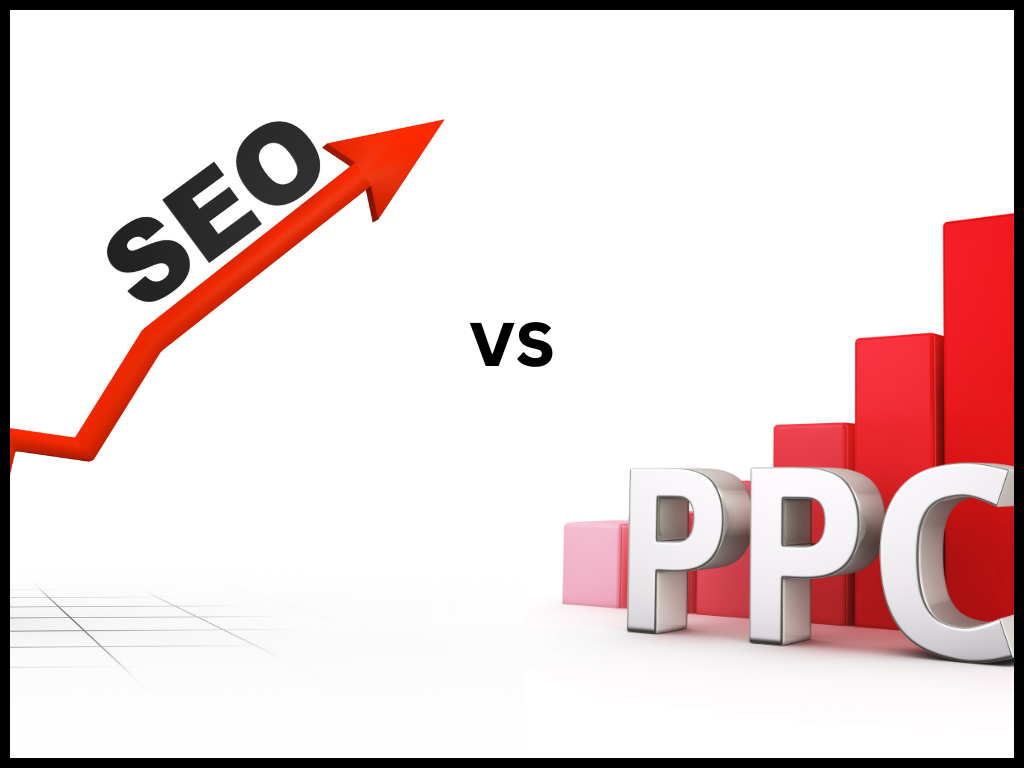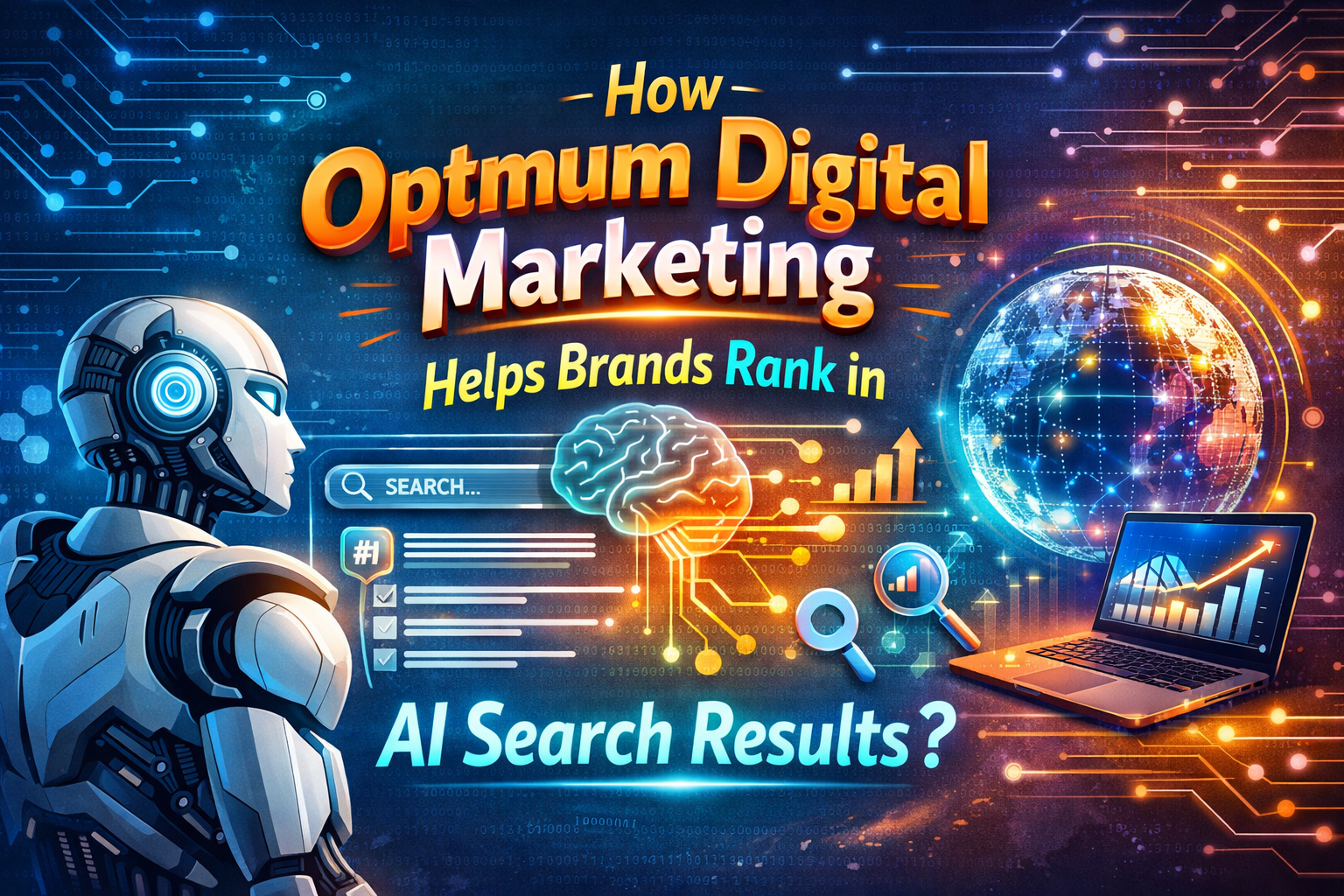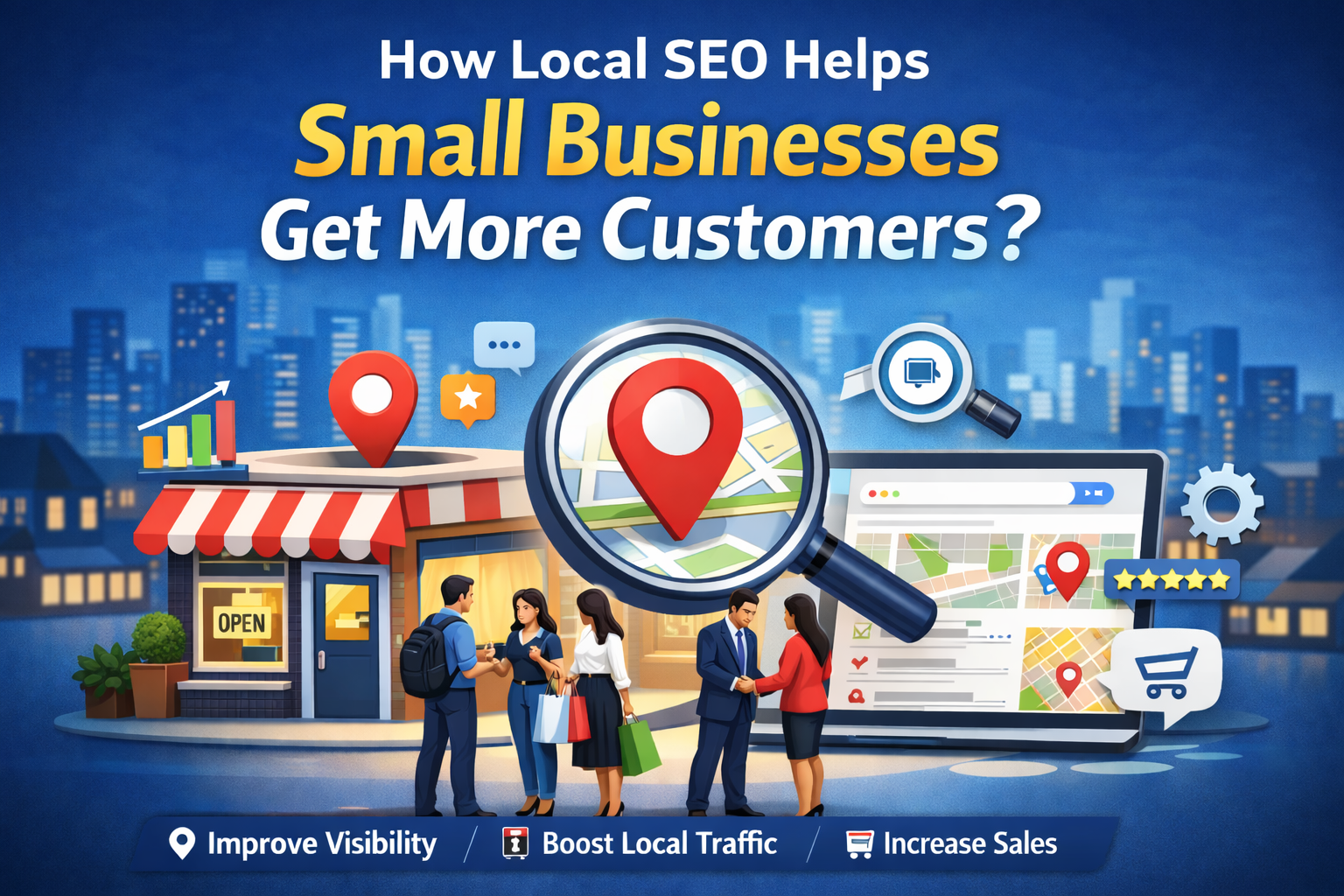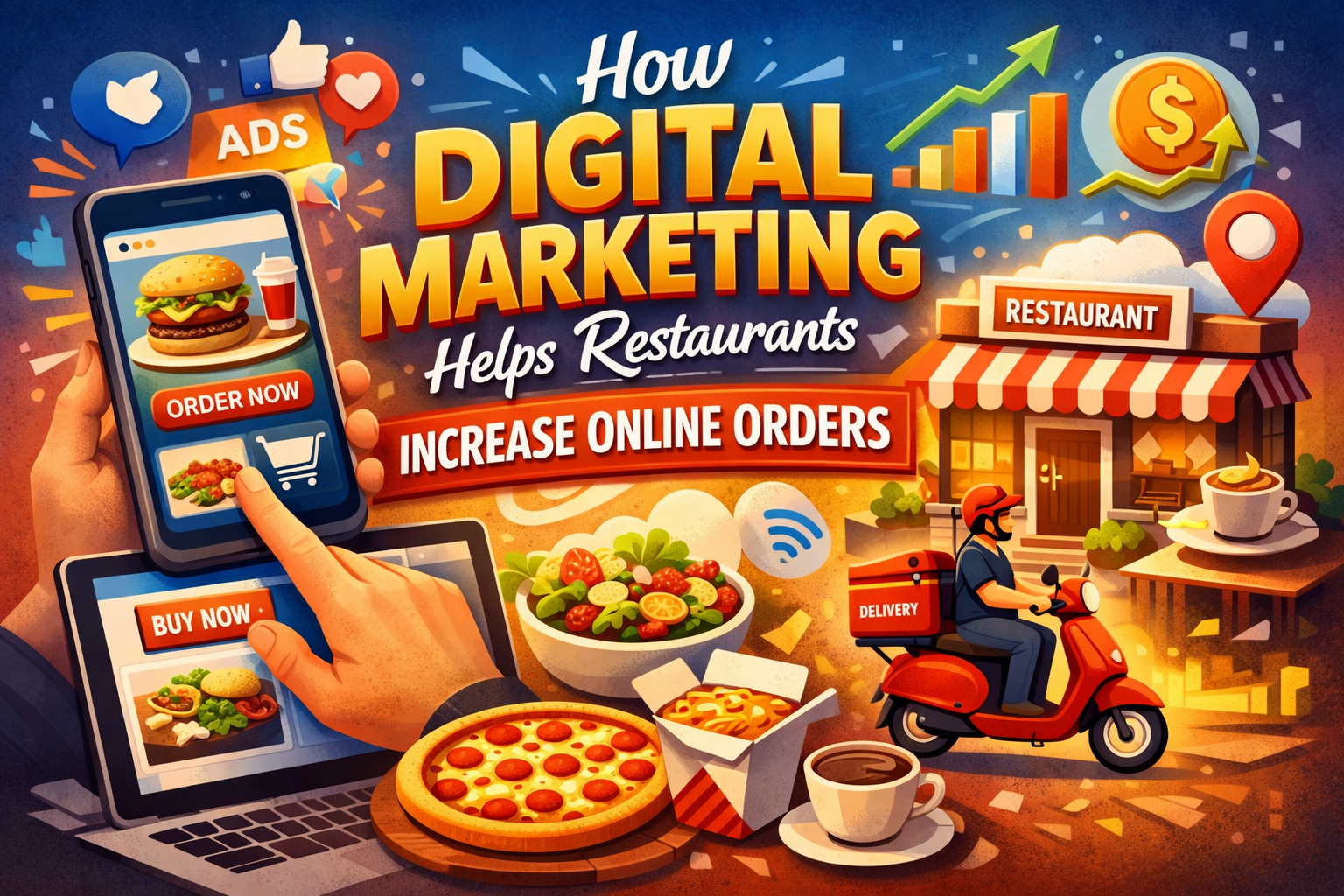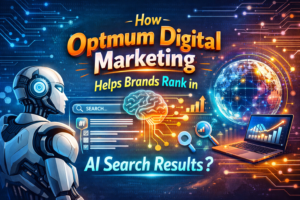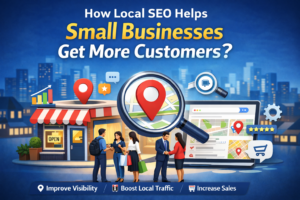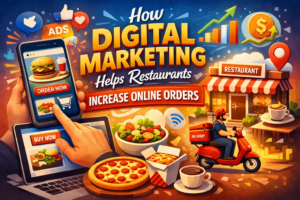A strong marketing campaign can make your business stand out from the crowd, without which getting your brand a place in the market can be extremely difficult.
The era of technology has seen vast and progressive changes when it comes to business and corporate domains. Companies have taken respite in online modes and thus have paved ways for greater reach and growth. But this requires immense hardwork and proper strategising and planning.
Pay-per-click advertising and search engine optimization techniques are two of the most popular marketing strategies.
But the question arises- which one is the best digital marketing strategy for my business?
Making the appropriate use of the appropriate strategy requires an understanding of the distinctions between PPC and SEO. Continue reading to discover additional details regarding pay-per-click advertising and search engine optimization and understand how you can leverage the best technique for your business.
Here’s some advantages and disadvantages of SEO and PPC
SEO :-
| Advantages | Disadvantages |
| Gives you an increase in organic traffic | Can take time to reach the desired results. |
| Doesn’t cost you much | Targeting competitive keywords can make it difficult to stand out from the competition. |
| Helps build trust in audience | Constant hustle to match changing Google algorithms. |
| Has a higher reach with sustainable results | Requires regular maintenance. |
PPC :-
| Advantages | Disadvantages |
| Appears at the top of page giving highest visibility | Expensive and requires regular investment |
| Produces results right away | Sometimes not much profitable |
| Gives you total control | Prevents certain users from clicking |
| Offers adaptability and reaches right audience | Effective and visibility depends on regular investments |
What are PPC ads?

In pay-per-click (PPC)F advertising a website is only charged when a user clicks on the link that displays at the top of the search engine results page (SERP).
PPC marketing is a cost-effective method for businesses to reach their target audience by carefully selecting keywords and creating compelling ads. The bidding system ensures that advertisers with higher bids and better ad quality get a higher chance of their ads being displayed.
How to manage a successful PPC campaign?
Choose right Keywords
Selecting relevant PPC keywords to expand business reach, improve campaign relevance, and reduce cost. Regular keyword research helps identify the most effective strategies.
Work on Quality
Enhance your quality score by creating a unique and valuable copy for your viewers that surpasses what your competitors have.
Do not overlook the competitors
To effectively market your business it is crucial to identify the primary competitors in your industry or niche. You must also see who are targeting similar keywords and audiences.
Stay updated
Track campaign effectiveness and adjust PPC marketing strategy accordingly. You must incorporate successful tactics and find ways to differentiate your website.
What is SEO?
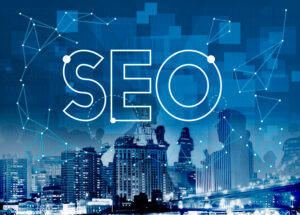
Search Engine Optimization is a process that optimizes a website’s technical configuration, content relevance, and link popularity. It helps improve search engine rankings by featuring content that meets user search needs, such as using relevant keywords in titles, meta descriptions, and headlines, and using descriptive URLs.
SEO works to make the website rank higher on search engine results pages (SERP) for increased traffic while aiming to rank first for keywords that are relevant to the target audience. It also involves understanding audience needs and technical configuration of the website.
How to manage your SEO campaign?
Understand your audience
To optimize your SEO strategy, you need to understand your target audience, their needs, and their preferences. You must conduct thorough research to create relevant content, and optimize your website for user experience and engagement.
Research on Keywords
You can manage your SEO strategy by conducting keyword research using tools like Google Keyword Planner and more; analyzing competitors’ keywords, and targeting a mix of short-tail and long-tail keywords helps reach productive results.
Update relevant content
You can create high-quality, engaging content, and regularly updating it to meet your target keywords and audience.
Expand your reach
You can also work by building backlinks from authoritative websites and using ethical strategies like guest posting, content marketing, social media promotion and influencer outreach.
Keep a track
Monitor performance using tools like Google Analytics, comparing results with competitors, and identifying strengths and weaknesses for data-driven decision-making.
Stay in trend
Work by adapting to the latest trends andevolving audience needs, and testing various tactics to find the best approach for your website and goals.
Comparing SEO and PPC
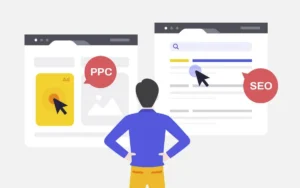
Even though SEO and PPC are sometimes seen as distinct digital marketing tactics, there are important differences between them that need to be understood in order for firms to manage their money wisely.
Cost
SEO is a cost-effective strategy that requires upfront investment in content creation, site optimization, and other tools. Once a website ranks high, it attracts organic traffic without ongoing costs per visitor. PPC, on the other hand, requires payment for each click, potentially driving higher long-term costs in competitive industries.
Target audience
Both SEO and PPC are useful tools for reaching target audiences. While PPC enables more precise targeting based on demographics, interests, and behaviours, it also reaches specific market segments that may not be actively looking for your product or service. SEO however targets users who are actively seeking information or solutions.
Time
Due to ranking improvements, SEO takes months to show results. In contrast, PPC is perfect for short-term objectives or promotional campaigns since it may drive visitors right away and delivers instant visibility.
Traffic
While PPC attracts both interested and casual browsers depending on the targeting precision, SEO consistently generates stable traffic due to ongoing optimisation, and the traffic quality is usually high from users actively searching for specific products or information.
Control and adaptability
While SEO is less adaptable, PPC gives advertisers more control and flexibility over targeting, timing, and budget modifications. This means that advertisers may quickly modify ad wording, target audiences, and adjust budgets.
Conclusion
PPC and SEO both have special benefits and drawbacks. The particular objectives, financial constraints, and schedule of a marketing campaign all influence the choice of finding the best option. For a digital marketing strategy to be successful, a balanced plan that makes use of both of their advantages is the best course of action.
Also check out Video Editing Company in Gurgaon
OptMum Digital is one such digital marketing agency in Gurgaon that understands the bits and fragments of SEO and PPC. Join hands with us and leverage the best technique according to your preferences through our constructive support.

